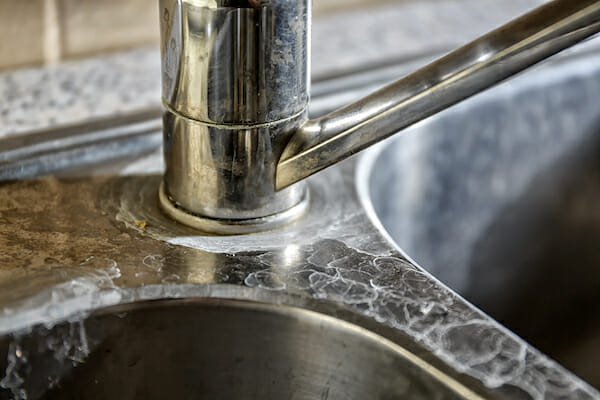
As groundwater travels through rock and soil on its way to your home, it picks up naturally occurring minerals like magnesium and calcium. While harmless to drink, these minerals cause water hardness, which can significantly affect your water’s quality.
Hard water makes it harder for soaps and detergents to lather, leaving behind a stubborn residue. This often results in soap scum on dishes and grimy buildup on your skin and hair, even after washing.
If you live in Phoenix, chances are you have hard water—according to the Arizona Water Quality Association, it’s a common issue here. You may be wondering how to tackle the problem of hard water effectively. If water descalers have caught your attention and you’re curious about how they stack up against water softeners, this guide will answer your questions and help you make the right choice.
When it comes to improving the quality of your home’s water, choosing between a water softener and a water descaler can be confusing. Both systems aim to address hard water issues, but they work in different ways and are suited for different needs. In this guide, we’ll break down the differences between water softeners and water descalers, helping you decide which option is best for your home.
What is Hard Water?
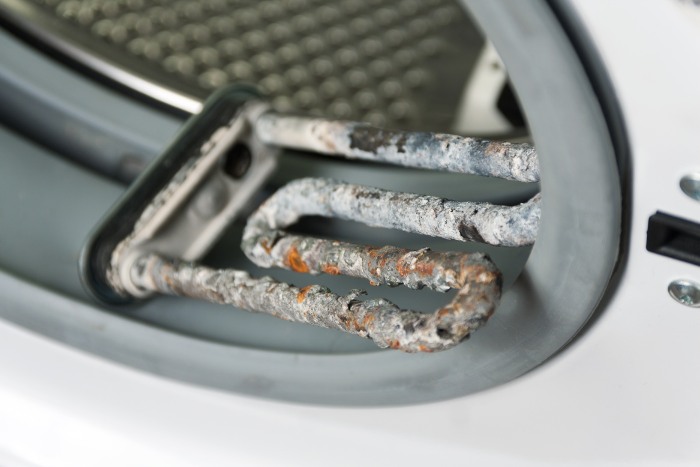
Hard water is water that contains high levels of dissolved minerals, primarily calcium and magnesium. While not harmful to your health, these minerals can cause a range of problems, including:
- Scale buildup in pipes and appliances
- Reduced efficiency of water heaters
- Dry skin and dull hair
- Stains on glassware, dishes, and faucets
If these issues sound familiar, you may benefit from installing either a water softener or a water descaler. But which one is right for you?
What is a Water Softener?
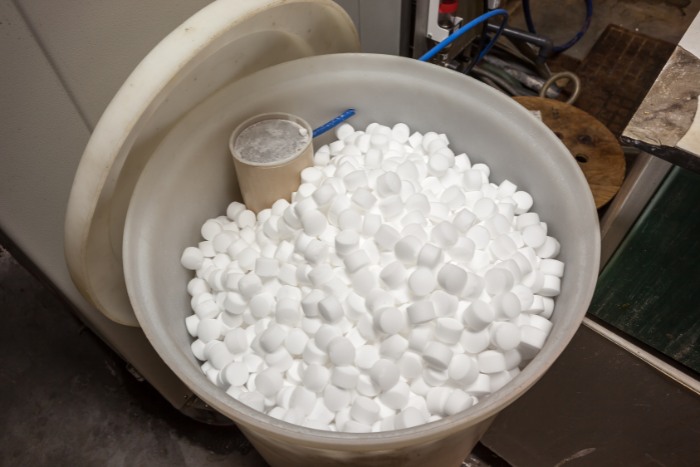
A water softener is a system designed to remove the calcium and magnesium ions responsible for hard water. This process, called ion exchange, replaces these minerals with sodium or potassium ions, effectively softening the water.
Advantages of a Water Softener
- Scale Prevention: Prevents scale buildup in pipes and appliances, improving their lifespan and efficiency.
- Softer Skin and Hair: Soft water is gentler on your skin and hair, leaving them feeling smooth and hydrated.
- Improved Cleaning: Dishes, glassware, and laundry come out cleaner without the mineral deposits left by hard water.
Considerations
- Maintenance: Water softeners require regular salt refills and occasional maintenance.
- Sodium in Water: Adds small amounts of sodium to the water, which may not be ideal for people on low-sodium diets.
- Higher Initial Cost: Typically more expensive upfront than water descalers.
What is a Water Descaler?
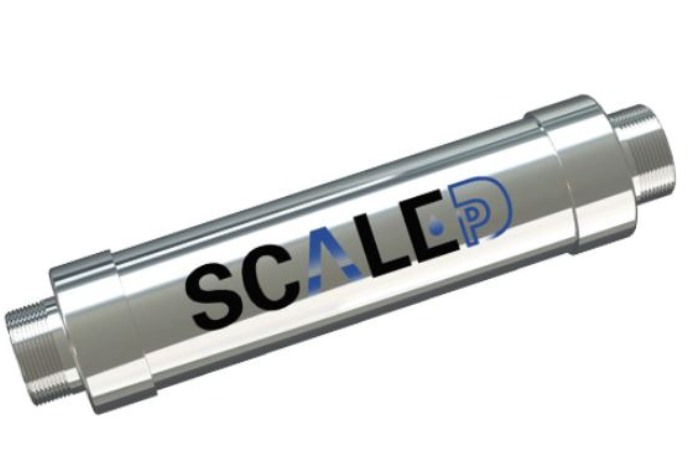
Photo Credits: snowate.com
A water descaler, also known as a water conditioner, does not remove minerals from water. Instead, it changes the structure of the minerals so they are less likely to stick to surfaces and form scale. This process is often achieved using electromagnetic or magnetic fields.
Advantages of a Water Descaler
- Scale Reduction: Reduces the impact of scale buildup on pipes and appliances.
- Low Maintenance: Requires little to no ongoing maintenance once installed.
- Eco-Friendly: Does not use salt or produce wastewater.
- Affordable: Generally more cost-effective upfront compared to water softeners.
Considerations
- No Mineral Removal: The calcium and magnesium remain in the water, which means it may still leave spots on dishes or cause dry skin for some people.
- Limited Effectiveness: May not work as well in areas with extremely hard water.
Key Differences: Water Descaler vs. Water Softener
| Feature | Water Softener | Water Descaler |
|---|---|---|
| Removes Hard Water Minerals | Yes | No |
| Prevents Scale Buildup | Completely | Partially |
| Maintenance Requirements | Moderate (salt refills, cleaning) | Low (virtually maintenance-free) |
| Initial Cost | Higher | Lower |
| Eco-Friendly | No (uses salt, produces brine waste) | Yes (salt-free, no wastewater) |
Which One Should You Choose?
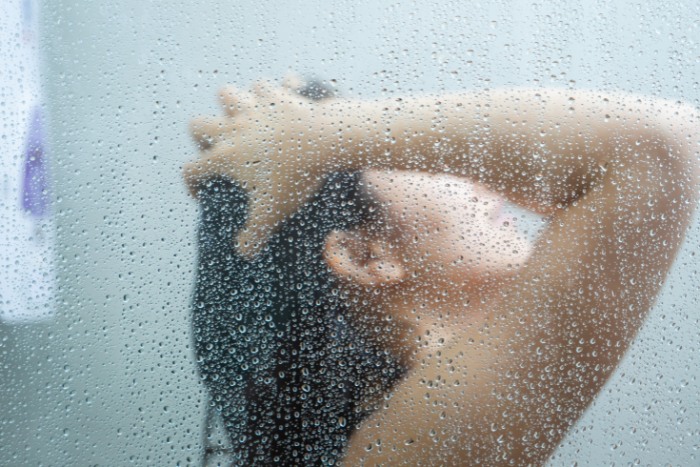
Choose a Water Softener If:
- You have severe hard water that causes noticeable scale buildup in pipes and appliances.
- You want the added benefits of soft water, like better cleaning results and softer skin and hair.
- You’re willing to invest in a system that requires regular maintenance.
Choose a Water Descaler If:
- You’re looking for a low-maintenance, eco-friendly option.
- You have mild to moderate hard water and want to reduce scale buildup without removing minerals.
- You’re on a budget and need a cost-effective solution.
Can You Use Both Systems Together?
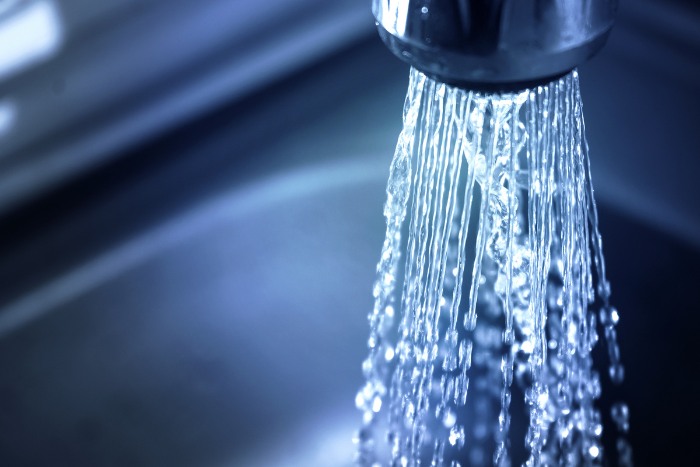
For homes with very hard water, combining a water softener and a water descaler can provide the best of both worlds. The softener removes the hard minerals, while the descaler helps condition the water to reduce the risk of scale in areas where the softener isn’t as effective.
Both water softeners and water descalers are effective solutions for addressing hard water problems, but they serve different purposes. A water softener removes the minerals causing hard water, offering comprehensive protection and softer water. A water descaler, on the other hand, conditions the water to reduce scale buildup without removing the minerals, making it a more eco-friendly and maintenance-free option.

To choose the right system for your home, consider the severity of your hard water, your budget, and your maintenance preferences. If you’re still unsure, visit Clear Water Concepts or schedule a consultation with one of our experts to find the perfect solution for your water needs.

